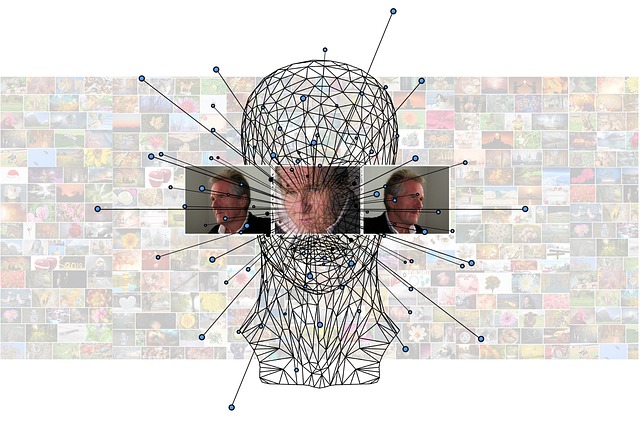Exploring Advanced Algorithm Simulation Techniques
In the ever-evolving landscape of computer science, the ability to accurately simulate complex algorithms is a critical skill for developers and researchers alike. Within the realm of Algoritmus, mastering high-level simulation techniques allows for a deeper understanding of algorithm behavior, performance bottlenecks, and scalability before deploying in real-world environments.
The Essence of High-Level Simulation
High-level simulation transcends basic code execution by abstracting core algorithmic processes in a controlled environment. This approach prioritizes the logical flow and interactions within the algorithm, rather than the low-level hardware specifics. By doing so, developers can focus on the intrinsic mechanics of the algorithm, identify inefficiencies, and anticipate potential edge cases early in the design phase.
Why High-Level Simulation Matters in Algo Development
Integrating high-level simulation into the development cycle empowers you to:
- Visualize complex data structures and processes: Bringing abstract concepts into tangible models aids comprehension.
- Optimize resource utilization: Simulate different scenarios to fine-tune time and space complexity demands.
- Predict performance trends: Anticipate how algorithms scale with increasing data volume.
- Enhance debugging capabilities: Detect logical errors early by stepping through simulation states.
Techniques for Effective Algorithm Simulation
Several advanced methods support robust high-level simulation in algorithm analysis:
1. Model Checking
This formal verification method systematically explores possible states in an algorithm to ensure correctness and identify deadlocks or unreachable conditions.
2. Discrete Event Simulation
Useful for algorithms involving sequential steps or events, this technique models time progression discretely, simulating realistic operational flows especially in network or distributed systems.
3. Agent-Based Modeling
By modeling individual components or “agents” of an algorithm, interactions and emergent behaviors can be observed, beneficial for complex adaptive algorithms.
4. Algorithm Profiling with Simulation Tools
Utilizing specialized software frameworks designed for simulation helps generate performance metrics and visualizations, allowing for data-driven optimization strategies.
Connecting Theory to Practice in Algoritmus
For enthusiasts and professionals in the Algoritmus category, integrating high-level simulation tackles the often daunting gap between theoretical algorithm design and practical deployment. Simulation offers a sandbox environment to experiment, iterate, and refine algorithms, fostering innovation and confidence in the solutions crafted.
Ultimately, embracing advanced simulation techniques enhances your problem-solving repertoire and equips you with sharper insights into the algorithms driving today’s technological advancements.




